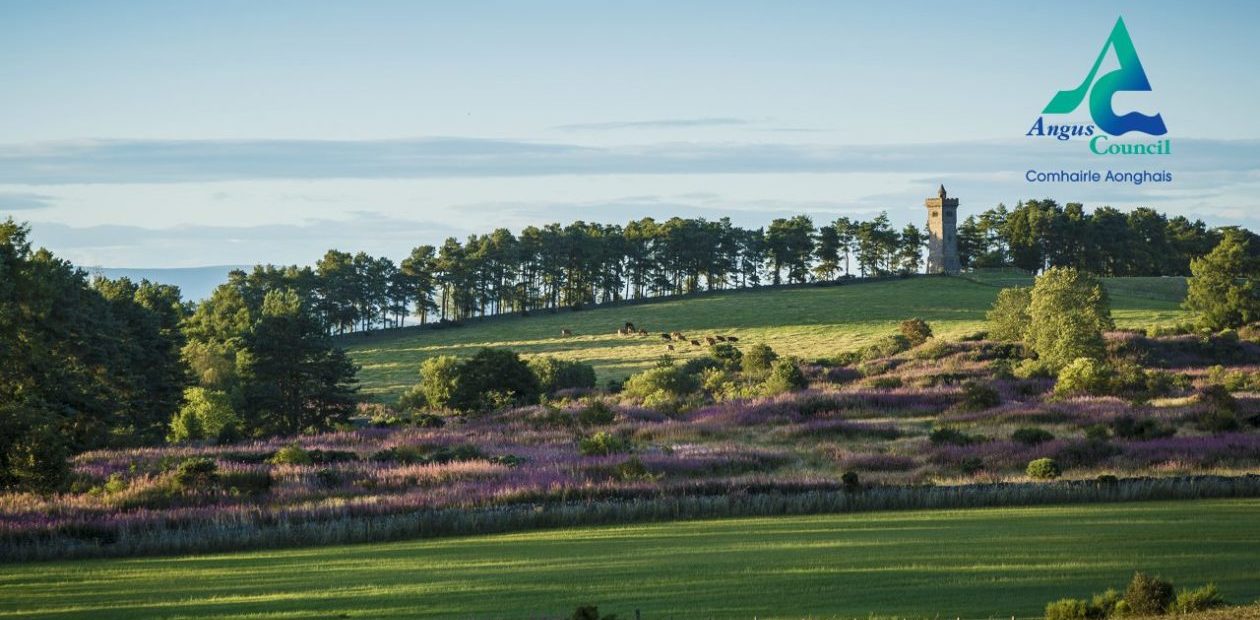posted by Rhonda McFarlane, Funding Officer, Economic Development
Greggs Foundation Breakfast Club Grants (England, Scotland & Wales)
The Greggs Foundation currently supports 380 breakfast clubs throughout England, Scotland and Wales. Schools that are interested in opening a breakfast club at their school must be able to show that at least 40% of your pupils qualify for free school meals and that the school serves a disadvantaged community. School should able to attract adult volunteers to help run the scheme and attendance at the club must be free for all pupils. The Foundation uses the money to support breakfast clubs through an initial start up grant for equipment such as chest freezers to store food items or toys and activities for the club. Greggs Foundation also makes a payment each term towards other food items and Greggs plc donates bread from the nearest shop. Recently set up breakfast clubs include: “clubs” at Hillside Community Primary School, in Skelmersdale which received funding of £600 for its breakfast club which around 45 young people attend each day; and Swalwell Primary School, in Gateshead where nearly 50% of school children are entitled to free meals received a grant of £1,100. Although applications can be made at any time, there is currently a waiting list for funding whilst new sponsorship partners are being identified.
Lord’s Taverners Accessible Minibuses Grant Programme (UK)
The Lord’s Taverners, the UK’s leading youth cricket and disability sports charity, has re-opened its Accessible Minibuses grants programme. Schools, clubs and youth organisations across the UK that cater for young people under the age of 25 who have a physical/ sensory/ learning disability can apply to the Lord’s Taverners for specially-adapted, wheelchair-accessible minibuses. Last year the Lord’s Taverners delivered 40 specially-adapted, wheelchair-accessible minibuses. These vehicles give young people with disabilities access to new places and experiences. Lord’s Taverners minibuses are based on the current Ford Transit model, with a diesel engine. The average cost to the charity of an accessible minibus is over £61,000. Please note that the Lords Taverners are unable to support schools that cater for socially disadvantaged children, or mainstream schools for children with behavioural problems. Applications to the programme can be submitted at any time and are reviewed at the end of each quarter.
One Stop Carriers for Causes (England, Scotland and Wales)
Schools that are located within 2 miles of a One Stop shop can apply for grants of up to £1,000 for projects that benefit their local community. The grants are made available through the money raised from the 5p bag charge in England, Wales and Scotland. The grants are available for a wide range of activities and the funding will cover the direct costs needed to deliver the project. Projects funded in schools include: Outdoor classrooms; Learning zones; Library equipment; nurture rooms; and Playground improvements, etc. The funding is being made available through the One Stop’s ‘Carriers for Causes’ scheme. Applications can be submitted at any time and are shortlisted on a quarterly basis for panel decision which will take place every three months. Applicants will generally know the outcome of your application within 16 weeks of applying.
Kellogg’s Breakfast Club Grants Programme (UK)
The Kellogg’s Breakfast Club Grants Programme has re-opened for applications. Through the programme grants of up to £1,000 are available to schools in the UK to set up Breakfast clubs. To qualify for the programme the breakfast club must be based in a school in England, Wales, Scotland or Northern Ireland and priority will be given to schools that have 35% and above of children eligible for pupil premium funding and / or eligible for free school meals or that are based in an area which is classified as falling in the 10% of most deprived areas according to the Index of Multiple Deprivation. Only one grant per school in each academic year is available. There are no closing dates and applications can be submitted on an ongoing basis.
New Connecting Classrooms Through Global Learning Programme Launched (UK)
The British Council in partnership with the Department for International Development has launched a new funding programme to enable UK schools to work with partner schools overseas focusing on global themes. The Connecting Classrooms through Global learning programme provides grants of up to £35,000 to clusters of schools or one-to-one school partnership to support a wide range of global learning activities, including training for teachers and supply cover, reciprocal visits to international partners schools, and hosting community events. The funding is available to schools with existing partnerships or those seeking to develop new partnerships. There are no application deadlines; and applications can be submitted at any time.


